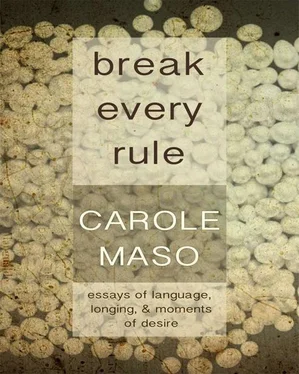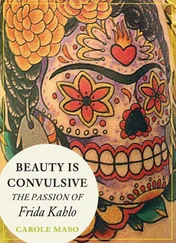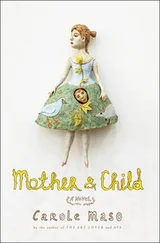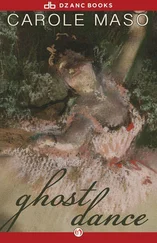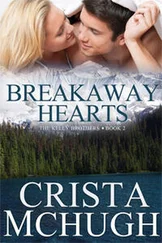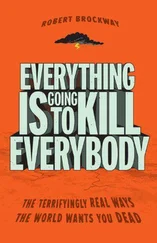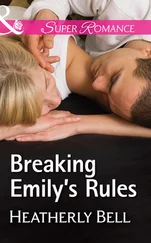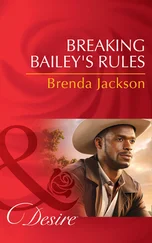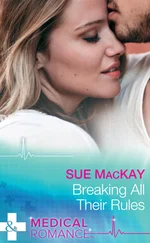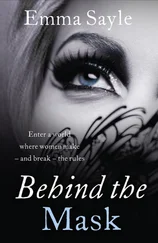Carole Maso
Break Every Rule: Essays on Language, Longing, & Moments of Desire
IN MEMORY—
John Hawkes
Zenka Bartek
Nathalie Saurraute
James Laughlin
Kathy Acker
William Burroughs
Marguerite Duras
William Gaddis
Allen Ginsberg
Robert Bresson
The Shelter of the Alphabet
NEWPORT, RHODE ISLAND
T HIS IS THE PLACE I WILL BE CONCEIVED. In joy and love, with awe and fear — some fear. This is the place I will be made — next to water. And the longing for water shall never leave me. What are my parents, two kids from Paterson, New Jersey, doing here? That’s my father, over there, stepping off a navy destroyer. It’s 1955 and he’s stationed here, and my mother has come to be near him. They love the song the water sings and the sailing songs. Later my mother will tell me that they read books aloud to one another and I like to imagine they read Yeats, and Melville, and maybe Sonnets to the Portuguese and other such conception texts. I like to imagine that language conjured me and the sea and these two people crazy for each other. Photos from this time reveal them to be so young: my mother golden blonde, with eyes the color of the sea. She is sitting next to a window, looking out — the window like the eye, transparent, suggestive, dazzling. And my father, a stringbean, a stick figure, though an ecstatic one, in a white sailor’s suit. The pants with nobody in them, as we children will call him later.
I cannot from this distance hear their sighs or prayers, but I can imagine them. They are desirous, delirious, blindingly in love. But looking at these photos now, more closely, I see that something belies the surface joy. Of course. They have already had two miscarriages. I am wanted almost too much. Their devotion to the unknown future, their longing, is nearly palpable. After their lovemaking, in those first moments after my conception, there is absolute stillness, and prayers to the Virgin; they are wishing I might stick; they are hoping I might cling like a barnacle. My mother lies by the oceanside, lulled in blue, unmoving, my father’s dreaming head resting on her breast — my small fin forming. Ocean child. Fin, small flipper. My mother says her rosary to the mysterious, silent Mary who smiles her wan smile. Great sorrow and great joy already live in me: sandwiched as I will be, on one side by two silky siblings who could not hold, and on the other side by a brother with a hole in his heart. But I am all health, I am all hope: I am miraculous, I am beloved from the start — and they make hope my home, my domain. I am desire and ocean, song and songs the blood sings. And they call me Carole, of course: song of joy. I am feared for and wanted beyond all reason. I live in their watery blue world of worry and desire, with the ghost images of the bodies that did not take.
Home is my mother’s breath and blood. Home is my mother’s voluptuous body and the darkness — the miracle of it and the ocean that cradled us. And their hope.
There must have been an element of ferocity…
There must have been an element of ferocity to have produced such a fierce child. To have made me at once so fierce and so mild.
PATERSON, NEW JERSEY
Paterson is one of the great American poems, and it is a place, and it is the place where I was born and lived for a time. From the beginning home to me is a poem. I am born in a modernist masterpiece by William Carlos Williams. And in fact as I am being born he is completing Book Five of that opus, the book of the triumph of the imagination. Mysteriously he is handing this to me as I now begin to breathe. I am not surprised; it seems like destiny to me. And in the times of my illness, I will in fact believe I am the chosen one, handed this directly from him who wrote not for love or fame or because he wanted to say something, but to keep his sanity.
“It’s a strange courage you give me, ancient star.”
And yes, I am a daughter of Williams, who combined poetry, fiction, fact, criticism, bits of this and that in his work. A strange brew. I am his daughter as you, even if you know nothing of my work except this essay, will see. He has sent me on this charmed path.
“Rigor of beauty is the quest.”
And then there is Allen Ginsberg, the other native of Paterson I grew up with. I adored his great heart and hunger, his music and outrage and audacity. His fallibility. How, as a teenager, I howled his Howl.
I feel thankful to have had these two as my literary fathers. It feels like a much more fortunate literary inheritance than my southern friends who have Faulkner to contend with. Williams, that troubled iconoclast, seems to me a far more benevolent, happy influence simply in terms of what he allows. Somehow Faulkner continues to look best far from home on the Latin American writers. I, as a North American, am grateful not to have to wear his necklace of crows and thorns.
Home is my father playing the trumpet — the music drifting. In Paterson. My grandfather’s house has a stained-glass window, and when my grandmother weeps, sick of this life, sick of the burden of simply being herself, there is the stained glass to focus on. My Grandpa Frank on the other side of town — with his Armenia and his wife, who will not live long-worked in the silk mills. Later, he will be beaten nearly to death with the pipe he began to keep under his bed for protection. Paterson, by then, having turned against us.
But not against me, not then.
Cadence was the block I lived on. Language my home. Charmed one, I was born into a poem.
ERSKINE LAKE
Home was a blue lake in summer then and a man in a boat who followed us as we swam its length and a woman who taught us all the names of the wild flowers, and they were our parents. I don’t know how it happened and so quickly, but suddenly there are five of us children. There is not one quiet place. And I learn to build a place of silence and serenity and space in some newly discovered zone of my brain. A place where I might not only live, but flourish. Without it, there is no interior life; without, it I sense I am going to die. Imagination was my home, my salvation then. The blue lake. The space in me.
And my mother, too, is a consolation through the chaos, constructing a safe universe, a world of love and stability in which to experiment, play; a place of confidence where in those long summers before school started she handed me the secret key. As we sat next to the water, she taught me that glittering, miraculous handful of charms — the alphabet. The child draws the letter A and makes a home under its roof. She learns of the shade a T might cast. The light coming off K. The shelter of the letter M.
And my mother reads to me. All kinds of wondrous things: Wordsworth and Blake and Jarrell and Poe as I fall into a dream next to the lake’s pale oval. A B C D…
VASSAR COLLEGE
Here I meet my triumvirate of women, the women who will be always true, always rigorous, demanding, loving, always urging me to the next place, always meeting me at least part of the way.
Helen. During our courtship in that Hudson Valley we pick apples. I recite Frost’s “After Apple Picking” to her so that words and the apples become interchangeable — round, heavy, luscious, carrying sensual meaning: the apples, the language, and my strange love for this woman I have only just met. Everything becomes entangled; the apples falling, and the falling in love, and the delicious surrender to it all. Everything round and gorgeous and falling: home.
We in the nearly twenty years since that day have created a place — a familiar place, on which for the most part we can agree: home. A continuity. A kind of home is in her arms, in her enormous intelligence, in her flexibility, in her passion — and we are, despite everything, despite danger and madness and sorrow and addiction, safe. A little safe.
Читать дальше
